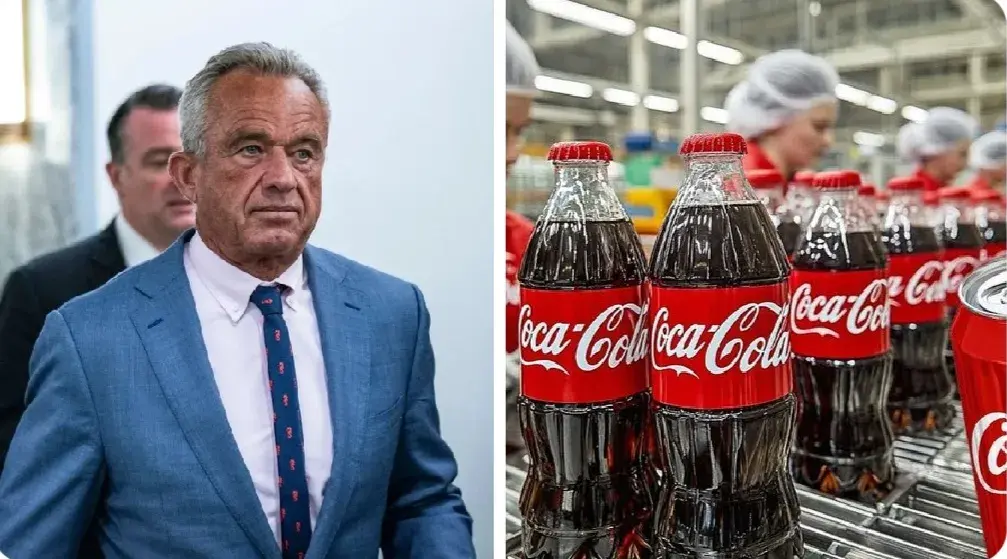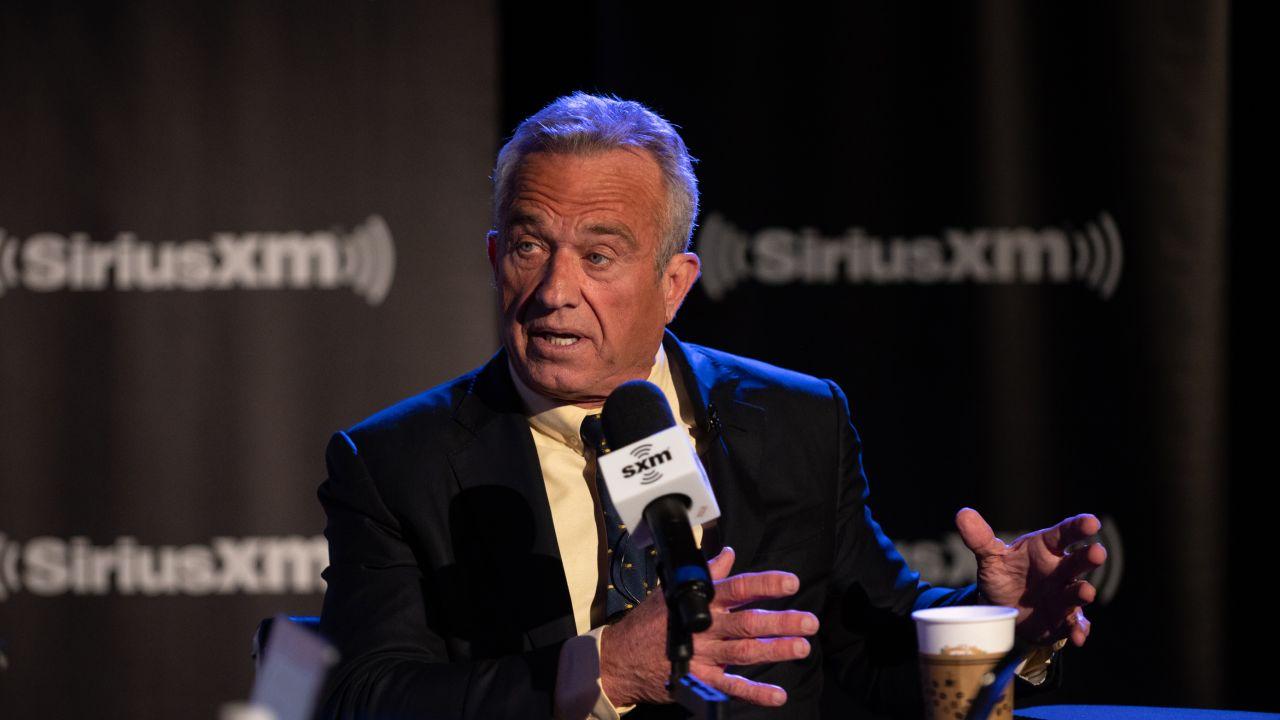Claims that Robert F. Kennedy Jr., as U.S. Health and Human Services Secretary, intends to mandate companies like Coca-Cola to remove high-fructose corn syrup (HFCS) from their products have sparked heated debate, fueled by posts on X and media reports. These claims, amplified by a November 17, 2024, X post by @CEOElection that garnered 17.9 million views, remain unverified and lack concrete evidence of specific plans targeting Coca-Cola. Kennedy, a vocal critic of ultra-processed foods, has linked HFCS to obesity and diabetes, but no official policy or public statement confirms he will force Coca-Cola to switch to cane sugar.

Kennedy’s broader agenda, under his “Make America Healthy Again” campaign, focuses on reducing chronic diseases by targeting harmful food additives. He has criticized HFCS, calling it “poison” and a driver of childhood obesity, as noted in a 2024 New York Times report. His proposals include reforming corn subsidies, which cost taxpayers $2.2 billion annually and make HFCS artificially cheap, and lifting sugar import tariffs to encourage cane sugar use. These ideas, discussed in a January 2025 FEE article, aim to shift market incentives rather than impose direct mandates. However, the Department of Health and Human Services lacks clear authority to enforce recipe changes for private companies like Coca-Cola, and any such move would likely face legal and political hurdles.
The food industry, including giants like Cargill and Archer Daniels Midland, which dominate the $9.5 billion HFCS market, is already mobilizing. Lobbying disclosures show Cargill spent $1.4 million and Archer Daniels $3.6 million in 2024 to protect their interests, per a February 2025 Daily Mail report. Coca-Cola, PepsiCo, and Keurig Dr Pepper are also gearing up for a fight, wary of reformulation costs estimated at 10-15% price increases for beverages. Corn farmers, especially in Trump-supporting regions like Ohio, fear economic devastation, as 8% of the 90 million acres of U.S. corn goes to HFCS production, according to The Guardian.
 Public sentiment on X is mixed. Posts like @jcokechukwu’s on November 18, 2024, praise Kennedy’s push to “MAHA big time,” while @tomcolicchio’s December 6, 2024, post notes potential backlash from Iowa corn farmers. Critics argue Kennedy’s focus ignores that HFCS consumption has already dropped 50% since 1999, per USDA data, and that science shows no clear health difference between HFCS and sugar. Supporters, however, see it as a bold step against corporate-driven health crises.
Public sentiment on X is mixed. Posts like @jcokechukwu’s on November 18, 2024, praise Kennedy’s push to “MAHA big time,” while @tomcolicchio’s December 6, 2024, post notes potential backlash from Iowa corn farmers. Critics argue Kennedy’s focus ignores that HFCS consumption has already dropped 50% since 1999, per USDA data, and that science shows no clear health difference between HFCS and sugar. Supporters, however, see it as a bold step against corporate-driven health crises.
Without confirmed policy details, these claims remain speculative. Kennedy’s confirmation is pending, and his ability to enact such changes faces resistance from a powerful agribusiness lobby and a complex regulatory landscape. For now, Coca-Cola’s recipe appears safe, but Kennedy’s rhetoric signals a brewing battle over America’s food system.






